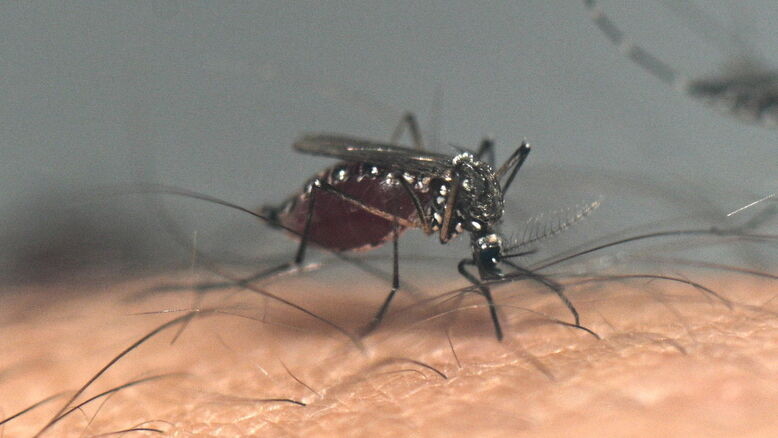Experts and researchers at the Indian Institute of Tropical Meteorology (IITM), Pune, in collaboration with other related institutions, developed an early warning system for Dengue. The system can predict potential outbreaks more than two months in advance using observed temperature, rainfall, and humidity patterns. This will be done by analysing all potential climate based dengue factors (or predators), along with their combined interaction with dengue at a regional scale.
The latest study led by Sofia Yacob and Roxy Mathew Koll from IITM indicates that there is an intrinsic link between climate and dengue outbreak in India. The report was published in under ‘Scientific Reports’, a section inside international science weekly Nature, on January 21, 2025. The study explores how rainfall temperature and humidity variations can influence dengue in hotspot areas like Pune, Maharashtra.
Scientists Making Stride In Dengue Study
“Such early warning systems can help authorities take protective measures to prevent and manage outbreaks,” said climate scientist and professor Roxy Mathew Koll to an Indian daily newspaper.
For Prof Koll, the motivation to work on this research was very personal. “In August 2024, my wife was severely affected by dengue and had to be hospitalised in the ICU. Hospitals in Pune were overwhelmed with dengue patients and this experience showed me that even as a climate scientist,no one is spared,” he said.
The study came out of joint efforts done by experts from the University of Maryland, US, University of Pune, University of Nottingham, along with the Maharashtra and Pune health department officials. Titled ‘Dengue Dynamics, Predictions and Future Increase Under Changing Monsoon Climate in India’, the report said that rising temperature and fluctuating monsoon rainfall could increase dengue related death by 13% by 2030 and 23% to 40% by 2050. Only timely intervention can save India from becoming a dengue hotspot.
The research team has developed a model based on artificial intelligence or machine learning to predict dengue outbreak nearly two months before. This will help authorities boost outbreak preparedness.
This will provide adequate time for local administration and health departments to enhance response strategies with the aim of reducing dengue cases and deaths. If the collected health data is shared by the state and health departments, a customized early warning system for climate sensitive diseases like dengue, malaria, and chikungunya, can also be prepared for each city or district in India.
Global Burden of Dengue
Dengue is one of the fastest spreading mosquito borne diseases, which escalates under the influence of climate change. India contributes a third of the total global burden of dengue. This is because the country has relatively high temperature and humidity, which is expected to project upwards in the future. As monsoon rainfall patterns are becoming more erratic with heavy to extreme rains, there will be an overall increase in warmer days. This situation can be very conducive for a dengue outbreak.
According to the study, a combination of warm temperature above 27°, moderate and evenly distributed rainfall along with humidity levels between 60% to 78% during the monsoon season can increase dengue incidence, and eventually death. The months of June to September in India are likely to experience more cases of dengue.
However, heavy rainfall above 150 mm, within a week, can reduce dengue prevalence by flushing out mosquito eggs and larvae.
According to the study, which is located in Pune, the city is expected to experience a 1.2 to 3.5°C. average temperature rise by the end of the century. The dengue mortality in Pune is projected to also rise in the short-term, i.e. between 2020 to 2040, by 13% in accordance with the global warming by 1.5°C. The mid century projection for 2040 to 2060 is approximately 25 to 40% rise in dengue related mortalities. This goes as the global temperature is expected to warm by 2°C under moderate to high carbon emissions.


